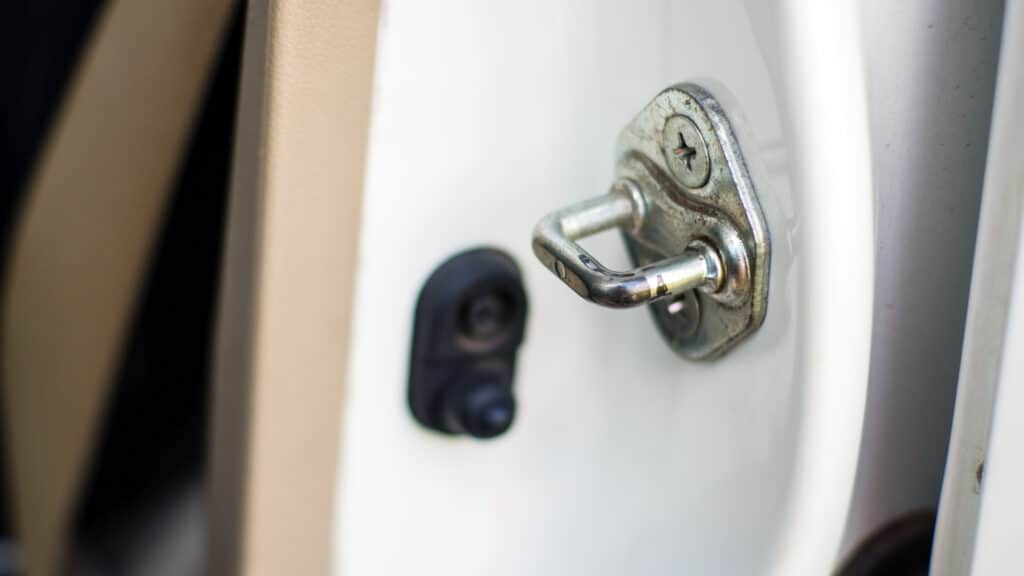A Super Duty truck owner with a 6.0-L diesel engine opted out of a now-settled class action lawsuit and sued against Ford. Now, he’s the first to have a fraud claim affirmed on appeal.
Charles Brian Margeson, a 41-year-old technician from Torrance, California, bought his new Super Duty truck equipped with a Power Stroke diesel engine that a class action suit claimed was inherently defective. Not long after he bought it, his vehicle broke down and often lost power.
“I started carrying spare hoses with me and leather gloves because everything was super hot and I had to repair it myself on the side of the freeways,” Margeson told the Detroit Free Press. “We would lose power. I mentioned it to Ford a couple times, saying, ‘Hey, this is a lemon.’ They just laughed it off. I just wanted a truck that worked.”
Margeson filed an independent lawsuit in June 2014. Three years later, he was awarded $940,177.74. However, the appeals court tossed out the $726,000 awarded in punitive damages, which are meant to punish Ford, because they declared expert testimony on the subject improper. A new jury trial will determine how much Margeson will receive in punitive damages.
The California Court of Appeals revisited how Ford deliberately hid the Power Stroke diesel engine’s defects, which include blown head gaskets, loss of engine power, faulty head bolts, and oil cooler failures. Vehicles with these faulty engines often emitted black smoke.
Margeson chose to sue Ford after his faulty truck broke down, leaving him, his wife and their baby on the side of a highway. Margeson proved Ford’s knowledge of defects in its diesel engines using internal documents, and was awarded a total of $214,537.34, plus legal fees for Ford’s violation of California’s lemon law.
Among those internal documents was an email sent from John Koszewnik, Ford’s North American diesel division director on Feb. 5, 2006, which said that warranty repairs for the faulty diesel engine were running up to $5 million per month. An email sent from Mike Frommann, Ford’s warranty manager, suggested that if the diesel engine’s cylinder pressure specifications became public knowledge, the diesel engine could become the subject of a class action lawsuit.
According to a lawsuit Ford filed against auto parts supplier Navistar, warranty repairs for the Power Stroke diesel engine totaled more than $400 million.
Source: Detroit Free Press






